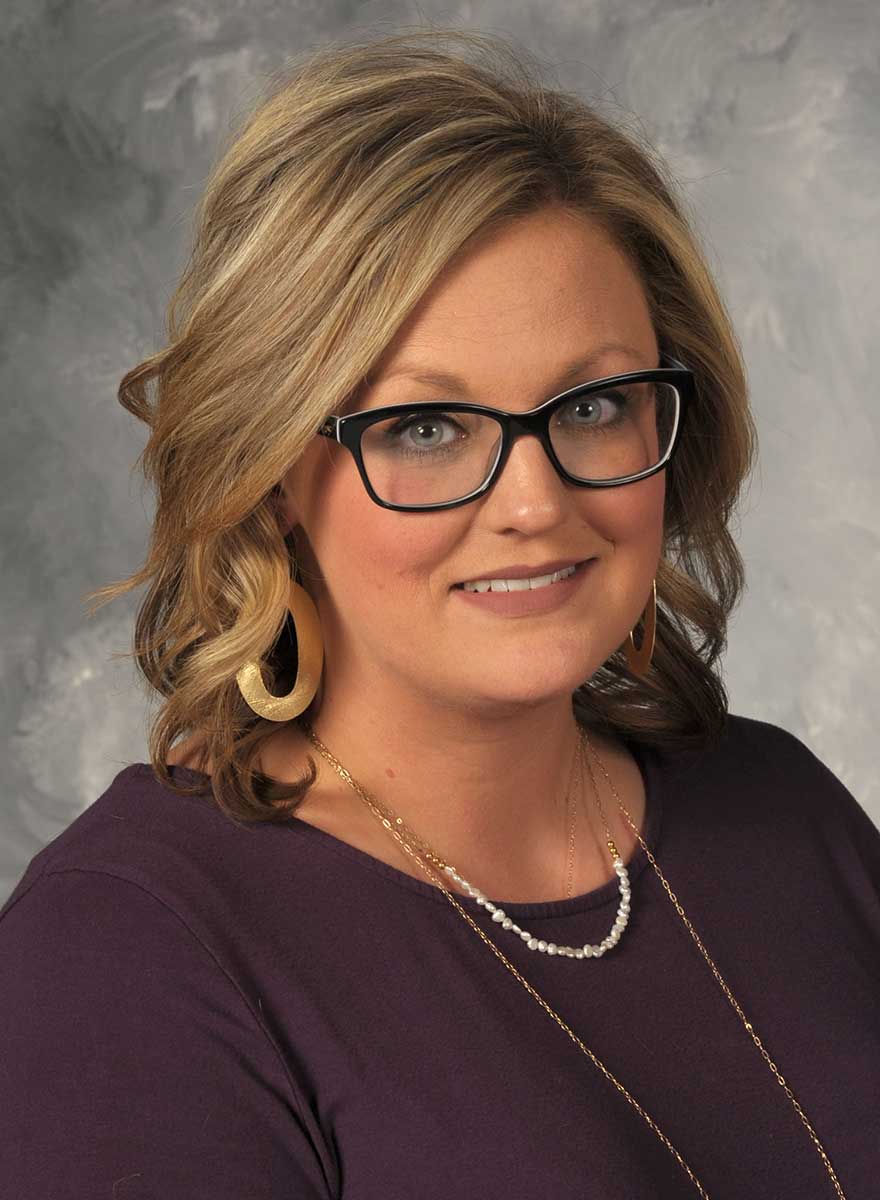Get Started on Your Certificate Today!
The Post-Baccalaureate Certificate in Climate Hazards equips you with the essential knowledge and skills to tackle the pressing environmental challenges of our time. This dynamic program offers a thorough exploration of climate processes, and related hazards, widespread impacts, and innovative strategies for both mitigation and fostering community resilience.
Tailored for individuals passionate about addressing climate change, this certificate is ideal for those pursuing careers in parks and recreation, K-12 education, environmental consulting, water and natural resource management, and roles within government agencies such as environmental and natural resources management departments.
Climate hazards are among the most pressing global challenges, and this program prepares you to respond with expertise and confidence. You'll gain a solid understanding of the scientific principles behind climate systems, their environmental and societal effects, and practical solutions to mitigate these issues.
While this certificate does not prepare you to become a climatologist or earn professional endorsements from organizations like the American Meteorological Society, it offers a valuable opportunity to deepen your expertise and integrate climate-focused knowledge into your professional career.
Program Highlights
- In-state tuition for all students.
- Completely online.
- 15 credit hours (5 courses)
- All courses offered at the Graduate level
- Application Deadlines:
- Fall semester – August 1
- Spring semester – December 1
- Summer semester - May 1
Tuition & Fees
| Tuition per credit hour | $558.50 |
| Instructional Support Fee per credit hour | $25.00 |
Tuition and fees listed are subject to change and do not include all possible charges. Additional fees may apply. Please refer to the master class schedule for individual course charges.








